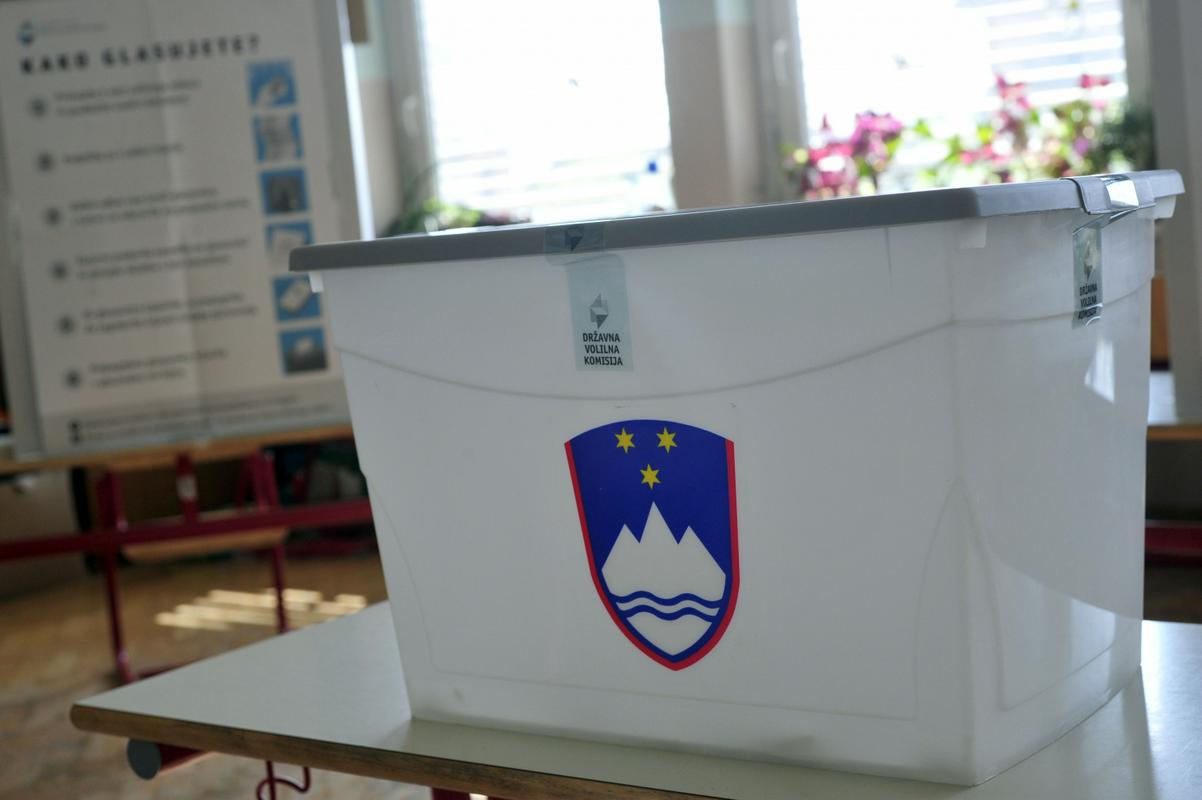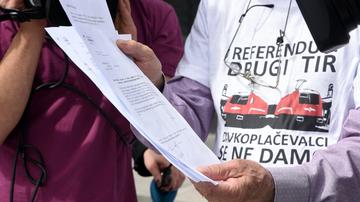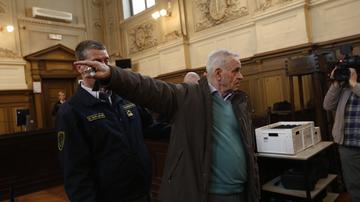
Although Vili Kovačič, the initiator of the referendum on the second track, expressed his satisfaction with the result, he nevertheless announced his intention to appeal to the Supreme Court. Kovačič blames the National Electoral Commission for the catastrophically low turnout, specifically its decision not to call the referendum on the day of parliamentary elections. A minimum of one fifth of eligible voters, approximately 342,000 people, would have needed to vote against the law for it to be defeated and for the referendum initiators, who are against the law, to succeed.
Modern Centre Party president (SMC) and PM Miro Cerar was not surprised by the low turnout and his party is convinced that the referendum was the last step towards the implementation of the law on second rail track.
Comments on the referendum results by political parties and the public were muted. This is not surprising, for no one is actually against the construction of the second track – they merely have differing views on the manner of its construction and financing. They maintain that the construction of the 27km track between Divača and Koper should start as soon as possible. The outgoing government is endeavouring to prepare everything for an immediate kick-start of preparatory works.
What does the law say?
The law, passed by the National Assembly on the 8th of May, allowed citizens to reflect upon it for a second time. The law deals with the investment, construction and management of the second rail track between Divača and Koper. It does not deal with the cost of the track, but regulates funding and repayment terms. It also defines the company which will be awarded a 45-year concession to manage the track. Hinterland countries can participate in the project’s funding, but at levels of capital investment lower than that of Slovenia. A quarter of the investment will come from EU funds, with one third through loans from the European Investment bank and SID bank.



























































